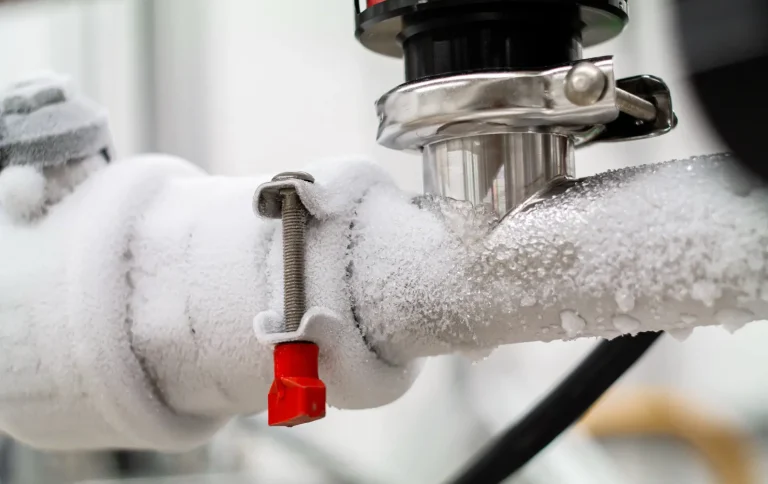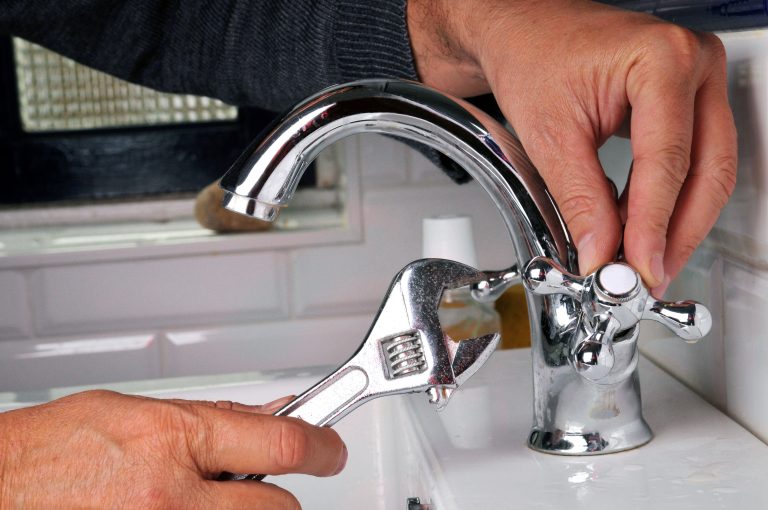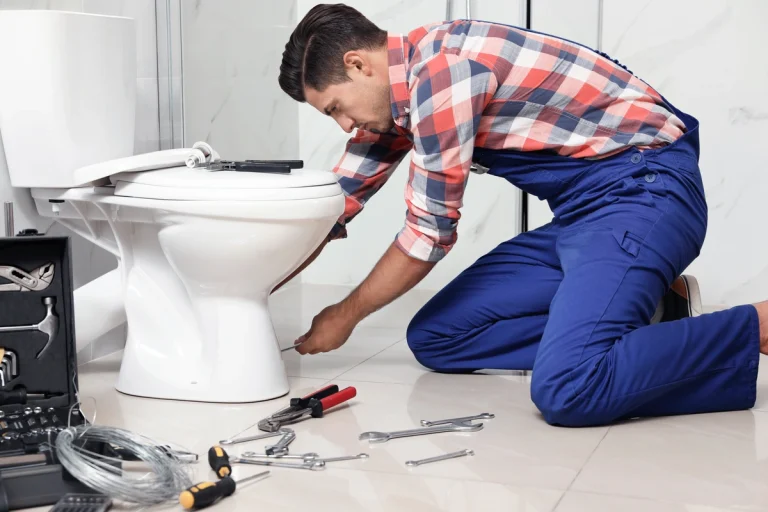Burst Pipe Repair — What To Do When a Pipe Bursts
When a pipe bursts, it doesn’t just make a mess — it causes panic. Water spreads fast, ceilings drip, and you’re suddenly in full emergency mode.
Take a breath. Here’s what you can do right now to control the damage safely before help arrives.
Step 1: Turn Off the Water
The first thing to do is stop the flow.
Find your main shut-off valve — usually near the water meter, basement, or utility area — and turn it clockwise until it stops.
If you can’t find it, look for a small valve near the leaking section and close that one instead.
💡 Tip: Know where your shut-off valve is before an emergency happens — label it if you can.
Step 2: Turn Off Electricity Near the Leak
If water is spreading near outlets, appliances, or lights — cut the power from your breaker panel immediately.
It’s better to lose light for a few minutes than risk an electric shock.
Step 3: Contain the Leak
Use buckets, towels, or a wet/dry vacuum to collect the water.
If you can, wrap the pipe with heavy cloth or duct tape as a temporary patch — this won’t fix the problem, but it can slow the leak until a plumber arrives.
❗ Avoid using heat guns or open flames to dry pipes — it can make things worse or cause a fire.
Step 4: Relieve Pressure in the System
Open cold taps on your sinks to release built-up water pressure.
This can slightly reduce the flow from the burst section.
Step 5: Document the Damage
Take photos and short videos for your insurance claim — focus on:
-
The leaking area
-
Damaged floors, walls, or furniture
-
Any electrical risks
You’ll thank yourself later when dealing with paperwork.
Step 6: Call a Licensed Plumber
Even if the leak looks small, a burst pipe almost always requires professional repair.
A licensed plumber will:
-
Replace the damaged section properly
-
Check for hidden leaks or weak joints
-
Help you prevent another burst (especially in winter)
Bonus: What Causes Pipes to Burst?
-
Freezing temperatures (water expands and cracks pipes)
-
Old or corroded pipes
-
Sudden pressure changes (water hammer)
-
Poor installation or cheap fittings
How to Prevent Future Bursts
-
Insulate exposed pipes (especially in basements and attics).
-
Keep heat on during cold nights.
-
Let faucets drip slightly in freezing weather to keep water moving.
-
Have your plumbing inspected once a year.
A burst pipe can turn a normal day into chaos — but a calm, informed reaction can save thousands in repairs.
You don’t have to fix it yourself — just knowing what to do before help arrives can make all the difference.






